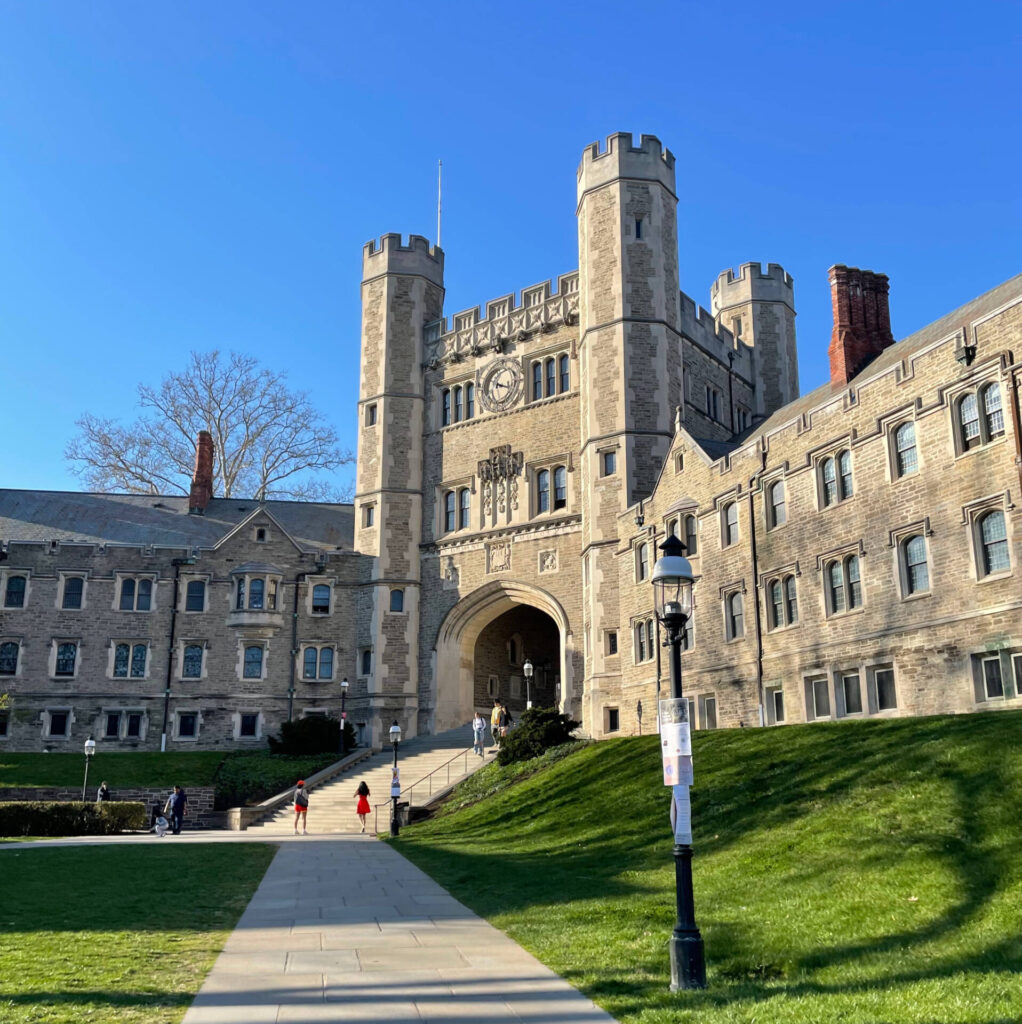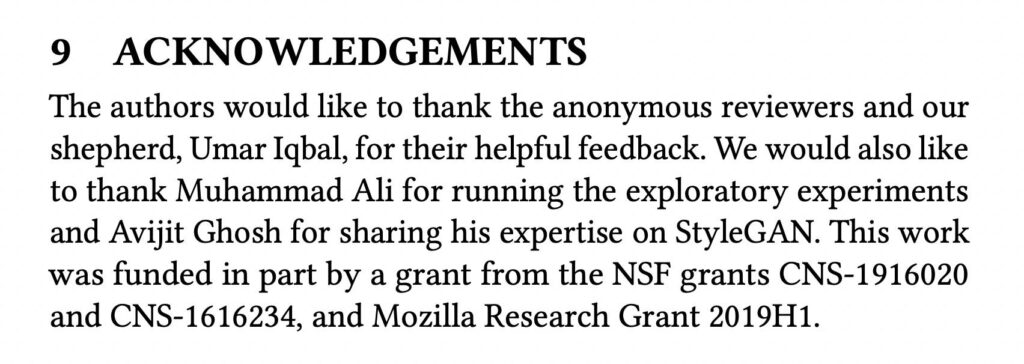
When I sat down to write the acknowledgements for my senior thesis, I realized something surprising: my department’s resources on how to write a thesis or independent work paper didn’t include any advice on writing this section. In some ways, that makes sense. Most readers focus on sections like the abstract, methodology, and results, which really serve as and highlight the key contributions of the paper. But having guidance on how to write acknowledgements can go a long way in helping students thank the people who made their research possible. In this article, I’ll share a few tips for writing acknowledgements—whether you’re submitting a STEM paper to a conference or wrapping up your senior thesis.
For research papers submitted to conferences, the acknowledgements section is usually brief and concise. In the computer science papers I reviewed while working on my senior thesis, most acknowledgements thank anonymous reviewers, note any key contributors, and cite funding sources. These sections were often just one to three sentences long. For some conferences, like those hosted by the Association for Computing Machinery (ACM) or the Institute of Electrical and Electronics Engineers (IEEE), the acknowledgements section is optional. When you are preparing your manuscript for submission, I would recommend double checking the conference guidelines and talking to your adviser to make sure you have included all necessary acknowledgements.

Princeton’s senior theses, on the other hand, give you more space to say thanks—especially since they read more like books. I’ve seen my peers use this section to express both professional and personal gratitude. My advice is to start by thanking your adviser and any lab mentors who supported your research, followed by thanking your second reader for their feedback. If you received funding for your project, I would also thank the organizations that provided the funding. In my case, I thanked the School of Engineering and Applied Science (SEAS) and their senior thesis funds. Then, students have the opportunity to personalize their acknowledgements, often mentioning professors who shaped their interests, clubs or campus communities that mattered to them, and friends and family who supported them along the way. The acknowledgements section can be half a page or even a full page, as they typically do not contribute to the thesis’s page count.
At the end of the day, how you write your acknowledgements depends on the type of research paper you’re writing and what it’s for. For me, writing my acknowledgements wasn’t just a task I “had” to complete as a part of my thesis. It was a chance for me to slow down and reflect on all the people who supported me, both before and during my time at Princeton. My thesis, and the journey behind it, wouldn’t have been possible without them—especially my adviser, whose mentorship and thoughtful guidance helped me learn and develop my independence as a researcher. Acknowledging mentors like her felt especially meaningful, and writing my acknowledgements reminded me that research is never really done in isolation. I hope these tips help you write meaningful acknowledgements sections of your own. Best of luck with your research writing!
— Alexis Wu, Engineering Correspondent

